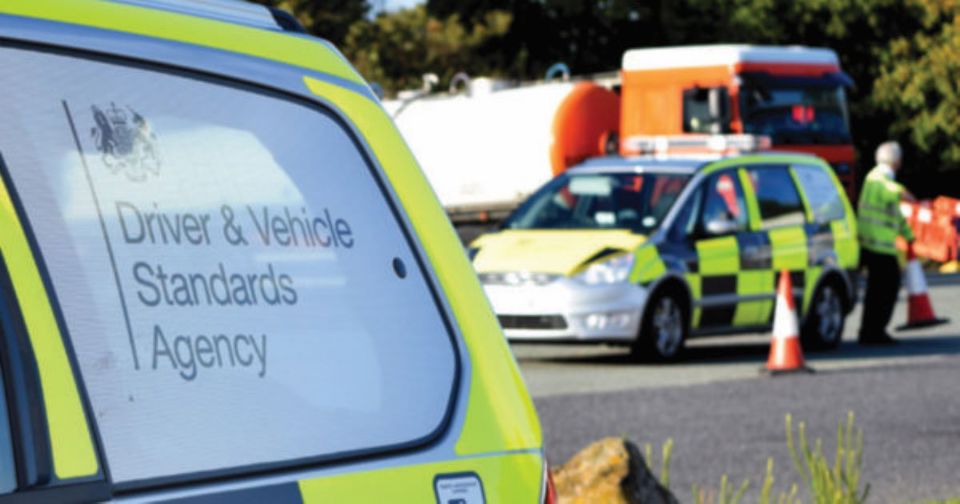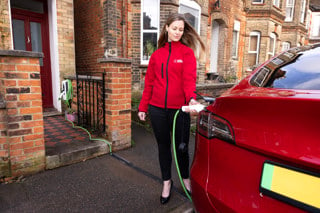The Government has launched an independent review of the Driver and Vehicle Standards Agency (DVSA) to help shape its future.
Part of a wider Government programme looking into the effectiveness of public bodies, the agency will be assessed on efficiency, efficacy, accountability and governance.
With the rise of new vehicle technology and automated vehicles, the Department for Transport (DfT) says that the review will also ensure DVSA continues to evolve as new technology is rolled out on UK roads.
Roads minister, Guy Opperman, said: “The DVSA plays a crucial role in making sure road users get around safely and with confidence, helping learners pass their driving tests and giving drivers peace of mind by ensuring MOTs are carried out to exceptional standards.
“This review will help us understand how the DVSA can continue to improve, evolving alongside vehicle technology and keeping Britain moving safely and sustainably.”
The review will also assess how DVSA works with its wide range of stakeholders within and outside of Government to help keep Britain’s roads safe.
The DVSA, which is an executive agency of the DfT, was established 10 years ago following the merger of the Driver Standards Agency (DSA) and Vehicle and Operator Service Agency (VOSA).
It is responsible for: theory and practical driving and riding tests; approving people to be driving instructors and MOT testers; carrying out tests to make sure lorries and buses are safe to drive; carrying out enforcement checks on drivers and vehicles; and monitoring vehicle recalls.
The agency also works with the Traffic Commissioners for Great Britain to license and regulate the heavy vehicle industry.
The DVSA role, including as a regulator, will evolve in the future as new technology, such as connected and autonomous vehicles, seek access to the UK’s roads, says the DfT.
The income of DVSA is derived primarily from fees for the services it conducts and oversees. It also collects penalty fares and fines on behalf of HM Treasury.
In the 2022 to 2023 financial year, DVSA’s total income was £407 million. DVSA also receives £21.7m directly from DfT to fund enforcement activity and policy development.
DVSA non-executive chair, Nick Bitel, said: “Our vision to 2030 sets out our aim to keep Britain moving, safely and sustainably.
“Supported by our professional and dedicated colleagues, we’re taking a service-led, customer-focused approach to the way we work, modernising and transforming our services to make them even better and more efficient, helping meet the needs of our customers and make road transport safer, greener and healthier.
“These regular, independent reviews of public sector bodies are always helpful, and we value the opportunity to highlight our achievements and build on them, as we work towards achieving our vision for the future.”
The review will be led by an external independent lead reviewer, Sarika Patel. She is a non-executive director at the Office for Nuclear Regulation with extensive private and public sector business experience and was appointed by the transport secretary. The review is expected to conclude this summer.
For the terms of reference of the independent review, click here.























Login to comment
Comments
No comments have been made yet.